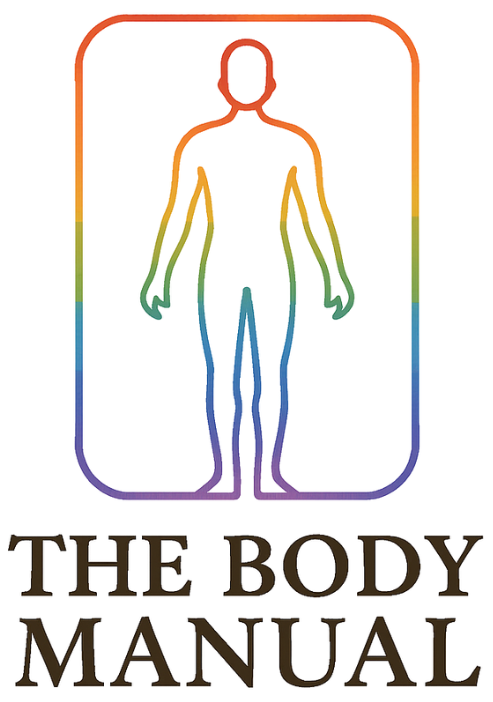By Dr. Zachary LaVigne, B.S., D.C.

Humans have been sleeping for hundreds of thousands of years, but only recently did we start doing it badly. Our ancestors slept under moonlight, surrounded by cool air and total darkness. Their internal clocks were guided by the rising and setting sun. Modern life flipped that rhythm upside down. We fall asleep under artificial light, often surrounded by noise and heat, and then wonder why we wake up tired.
The secret to better sleep is not a gadget or supplement. It is recreating the environmental cues that your body evolved to expect. The most powerful of those cues is light. The body’s circadian rhythm runs on a roughly 24-hour cycle that depends on light exposure. Blue light, which comes from screens and LED bulbs, tells your brain that it is daytime. When you use your phone or laptop late at night, the brain delays melatonin release. That is the hormone that makes you sleepy.
One of the simplest fixes is to mimic the sunset indoors. Dim your lights as evening approaches. Use warmer tones instead of bright white bulbs. Avoid screens for at least an hour before bed, or wear blue-light blocking glasses if you cannot. These small habits help the body recognize that night has arrived, allowing you to fall asleep faster and sleep more deeply.
Temperature is another major cue. As you fall asleep, your core body temperature drops slightly. A cool environment helps that happen naturally. Our ancestors slept in conditions closer to 65 degrees than 75. Studies confirm that most people sleep best between 65 and 68 degrees Fahrenheit. Cooler air helps the body enter and stay in deep sleep stages.
Darkness is equally important. Even small amounts of light from street lamps or electronics can signal the brain to stay alert. Use blackout curtains or an eye mask, and cover or unplug glowing devices. Complete darkness tells your body that it is time to power down.

You can also take a lesson from history. In preindustrial times, people often had two separate sleep periods each night. They would fall asleep soon after dusk, wake for an hour or two in the middle of the night, then return to bed until dawn. This “first and second sleep” pattern was normal. If you wake up in the night, it may not mean something is wrong. It might mean your body is following an older rhythm.
Sleeping like a caveperson is not about roughing it. It is about creating the conditions that your body still understands. Dim the lights, cool the air, and let darkness signal rest. Your body already knows how to sleep. You just need to remind it what night is supposed to feel like.
